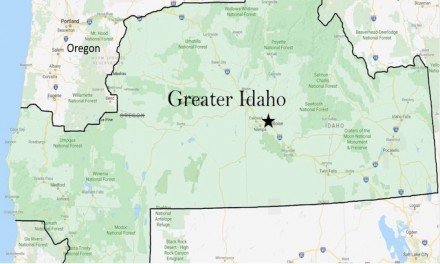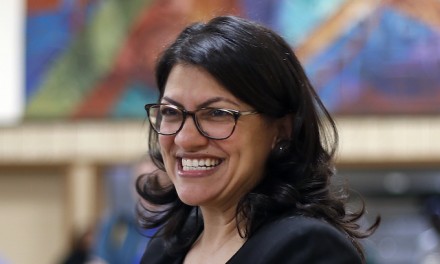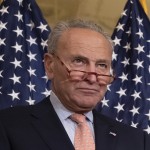Getting 87 percent of Americans to agree on anything is just about impossible. Puppies? Sunny days? Ice cream? Baseball? We suspect none of these would get 87 percent approval. We’re a contentious lot.
That’s what makes findings from Rasmussen Reports so amazing — and instructive. For more than a decade, Rasmussen has been asking Americans whether English should become the official language of the nation. Only 12 percent say it should not be.
We’ve never had an official language though over the years since the founding there have been attempts to make it so. Thirty states have sanctioned English as No. 1, but that’s only as advisory opinion. Nothing stirs the national emotions like language, except the flag, and the flag and the language are intimately connected.
“We have for but one language in this country,” Theodore Roosevelt said in 1907, “and that is the English language, for we intend to see that the crucible turns our people out as Americans, of American nationality, and not as dwellers in a polyglot boarding house.”
The government might save a lot of money with an official language. The government is required to translate into several languages its documents, imposed by an executive order by President Clinton in August 2000. The Office of Management and Budget once fixed the cost of that at $2 billion annually. Nothing stirs a bureaucrat’s heart like a mountain of paper and ink.
Making English the official language of the country, in addition to encouraging more immigrants to learn it, might improve workplace safety and harmony if only because we would be able to understand one another better. It would certainly improve the economic prospects of immigrants and their families because success in America requires a strong command of the language.
The American ideal of “out of many, one” is hard to sustain when the nation is broken into ethnic enclaves, populated by disparate communities speaking different languages. Making English the official language of the United States would strengthen national unity at a time when many Americans think strengthening such unity is a very good thing to do. “The tie of language is perhaps the strongest and the most durable that can unite mankind,” observed Alexis de Tocqueville in his classic book “Democracy in America.”
The United States is unusual for not having an official language. Henry Hitchings, author of the 2011 book “Language Wars,” counts only eight nations that do not have at least one officially designated language, and other languages are not scarce in America. By one unofficial estimate, 300 million Americans speak only English (though not always well), 40 million speak Spanish only, and a million or more Chinese, Filipino, Vietnamese, French and Korean immigrants and Arabic speakers speak only their native tongue.
Sen. James M. Inhofe of Oklahoma, a Republican, has introduced legislation to improve that, by making English the official language of the United States. Passage would by no means be a slam dunk.
Some skeptics say making English official is just not necessary. One skeptic, the linguist Geoffrey Pullum, cranks up the bitter anger in an essay titled “Here Come the Linguistic Fascists,” and argues that “making English the official language of the United States of America is about as urgently called for as making hot dogs the official food at baseball games.”
Earlier generations of immigrants understood how learning the language was the key to swift success in the pursuit of the American dream. Having an official language would help newcomers to America most of all. What’s “fascist” about that?
© Copyright (c) 2019 News World Communications, Inc.
—-
This content is published through a licensing agreement with Acquire Media using its NewsEdge technology.



















Recent Comments